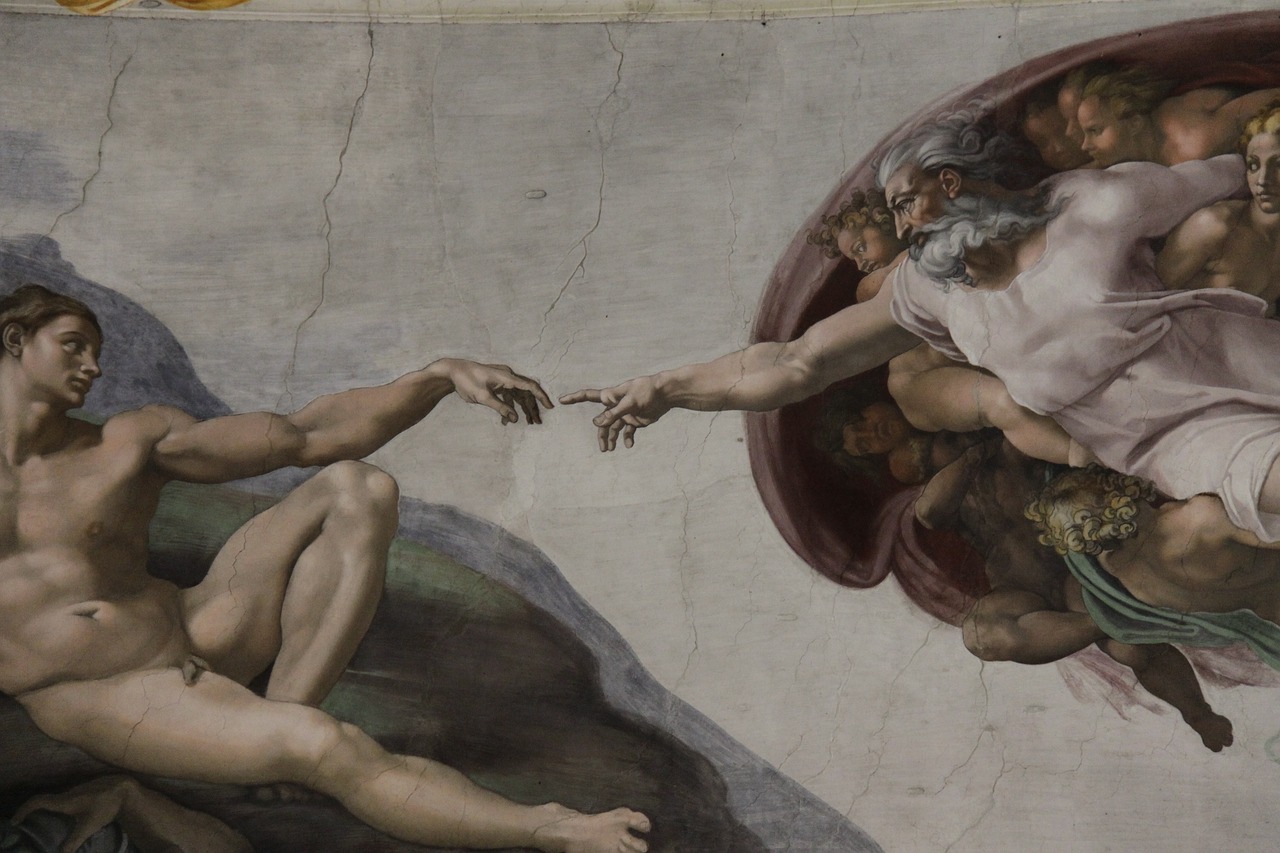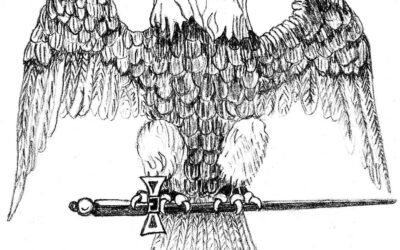Dr. Robert Duncan-Enzmann
The speculation as to whether there is one god or a multitude (n-number of gods) has been under philosophical consideration for millennia. Current political, theocratic, and philosophical power leads the student to so strongly favor monotheism that polytheism is little more than a word.
The writer can only speculate in the following vein: Gods seem similar to the temperament of the genotypes to which the respective gods are revealed (invented). It has recently been suggested by a popular writer that a wilderness is indeed God’s country, but he regretted that it was not indicated ‘which gods!”
If there is a God, he must interact with the universe which he has created. The interaction must include observation of the actions within this universe. The interaction must also include actions by God to influence events within the universe. However, the coupling between God and the universe must be well below 100%, otherwise, he would be but an entity within the universe. God must be something that exists on a ‘plane” that is essentially outside the universe as we know it.
A definition of good and evil which is non-anthropomorphic and theologically unsavory may be ventured as one philosophical abasis for an approach to evaluating importance. The writer has often speculated on whether or not the definition could be true, but he cannot reach a conclusion. He cannot reach a conclusion because even this so-called definition is a description and not an explanation; as is the case with all descriptions, it must be incomplete. Explanation of anything in the universe may forever be beyond the capabilities of anything with a structure that even remotely resembles human beings, machines or any entity in the universe as we know it.
An attempt may be made to separate the definition of good and evil from living entities. A separation so complete might be hypothesized, that the non-living entities involved have never had, and will never have any effect – direct or indirect – on living entities. If non-living entities so remote could exist, good and evil as pertaining to them could be defined as follows:
Good is any event that would be a direct or indirect action increasing the size, influence, or temporal duration of an entity. The enhancement would, of course, be without changing the essential characteristics of the entity.
Evil is any event or presence which would by direct or indirect action hinder the growth, decrease the size, influence, or temporal duration of an entity.
The above stipulations of remoteness and the definitions bring several things to mind. One, that no such remoteness is likely to be possible in the real universe. If such remoteness exists, it would be in another universe or manifold. The second thing that comes to mind is that the remoteness may not be necessary. The definition may be extended to include the realm of all living things. Such a definition would seem revolting to single cells of metazoan if they could grasp concepts at all. Such a definition would certainly be revolting to a human corpuscle in society, or so it would seem from reading most theological codes and some legal codes.


 Check out more by Enzmann in the quarterly eMags!
Check out more by Enzmann in the quarterly eMags! 

